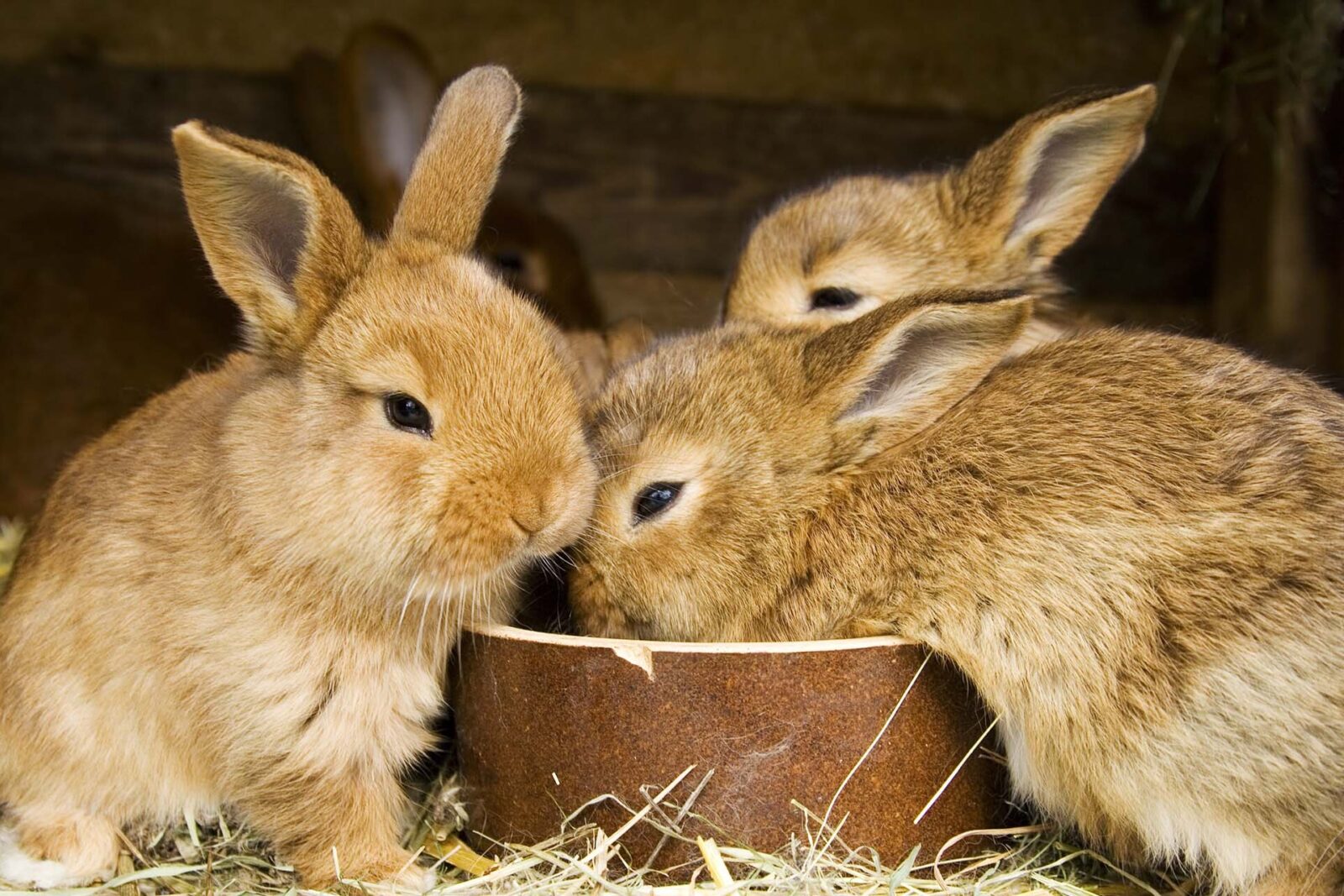
Rabbits make a great companion but like any pet, it is important to know how to properly feed them to ensure they are happy and healthy.
Here are the do’s and don’ts to keep in mind.
THE DO'S
DO Purchase High-quality Feed. Providing high-quality feed like our Kruse’s Perfection Brand Rabbit Food is a great way to supplement a nutritionally balanced diet, especially in younger stages of rabbit development.
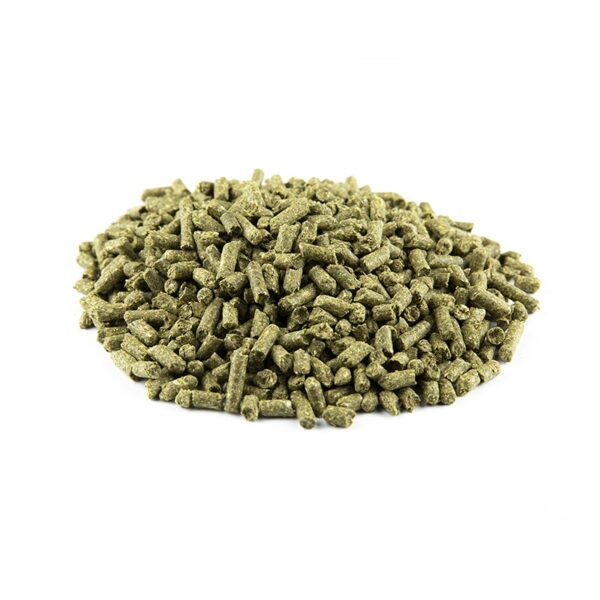
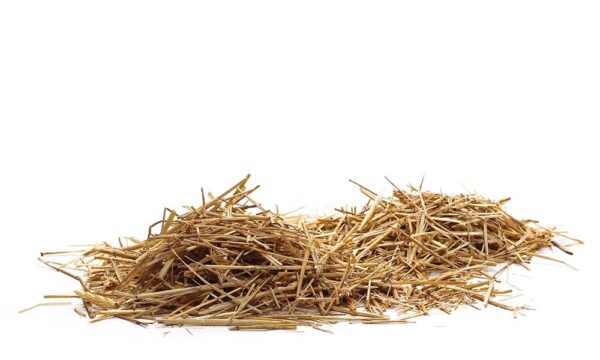
DO feed roughage. Fiber is used to control a healthy digestive tract in the rabbit and reduce fur blocks or other blockages. The most common source of fiber supplement added to the rabbit’s diet is roughage such as hay. Roughage intake should be kept at 16% or above.
DO include prebiotics and probiotics. Rabbits are sensitive to any dysbiosis, or imbalance between ‘good’ and ‘bad’ gut bacteria. Prebiotics and probiotics will aid in a healthy digestive system and strengthen the microbiome.
DO monitor protein. The protein intake level should be between 16%-18%. The lower value is optimal for pet rabbits or non-breeding rabbits. A higher value of protein is required for heavy breeding regiments.
DO include alfalfa or timothy hay in diet. Generally, alfalfa hay consists of higher protein and calcium levels making it a good choice for baby rabbits to help support healthy growth and development. Timothy hay is considered as the standard option for most. Ultimately, the choice will be left to your preference as some rabbits may prefer one hay over the other.
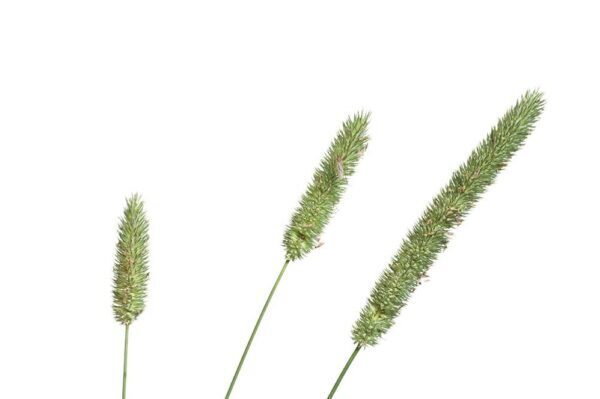
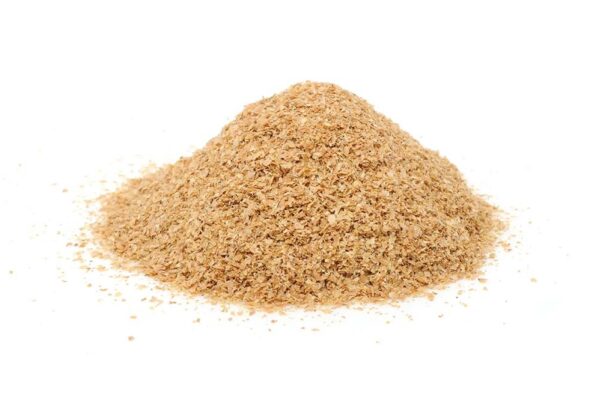
DO feed grains. If grains are part of the ingredient in the feed, oat hay would be the best option. Oat hay is an excellent source of fiber and preventative for GI Stasis, a potentially deadly condition in which the digestive system slows down or stops completely.
THE DON'TS
DON'T feed corn and wheat. Rabbits have an exceptional organ, called the cecum, where fibers ferment. To keep things flowing properly they need to eat plant fiber. Starchy foods and indigestible materials such as corn and wheat can cause digestive issues and fatal diseases like GI Stasis.
DON'T include seeds and nuts. While rabbits can digest nuts and seeds in small amounts and are not fatal, they are very high in fat and can cause digestive issues. They also offer no nutritional value for rabbits so it is highly recommended to avoid them.
DON'T let your rabbit get overheated. As the temperatures rise, so do a rabbit’s chances of getting heatstroke. Ideally, they should be kept in temperatures under 85 degrees.
DON'T let ammonia harm your rabbit. High level of ammonia in the rabbit can irritate lungs extensively, even leading to severe infections and pneumonia. Yucca extract is known to reduce the amount of ammonia level in the cecum; however, pens must be kept clean regularly to prevent the build-up.
Rabbits are unique social creatures that form a tight bond with their families. With proper care and diet, you will have a happy rabbit and ensure a fulfilling companionship and experience!

